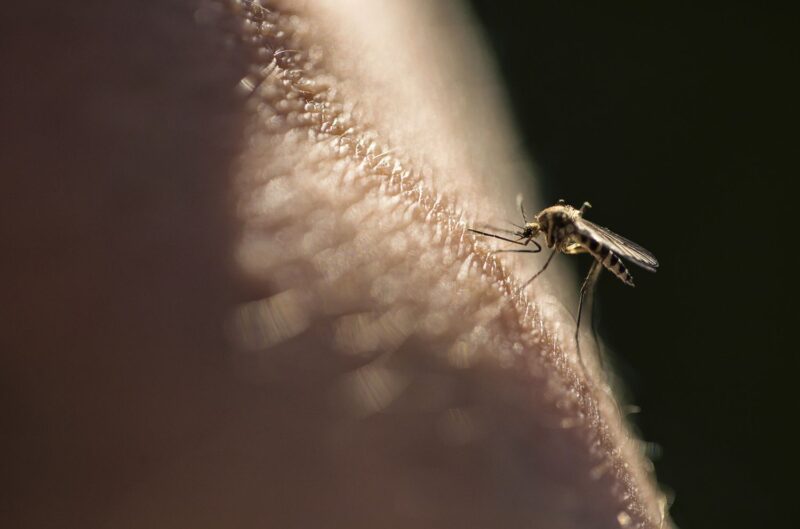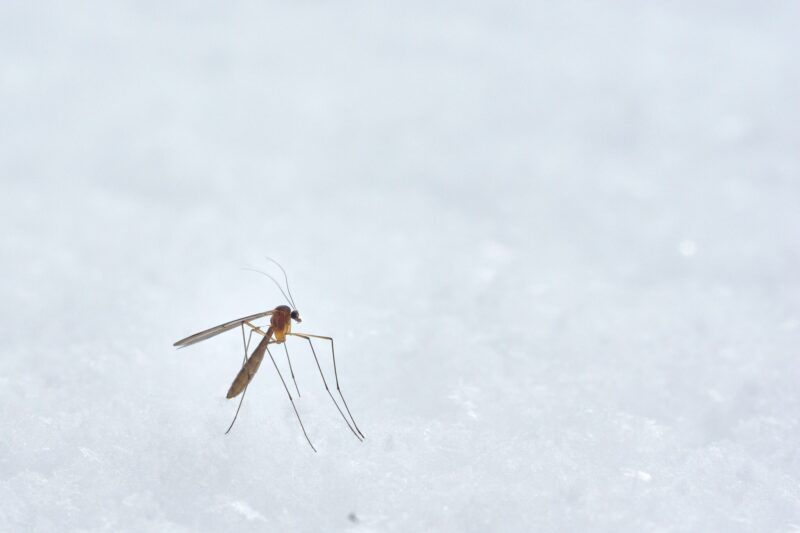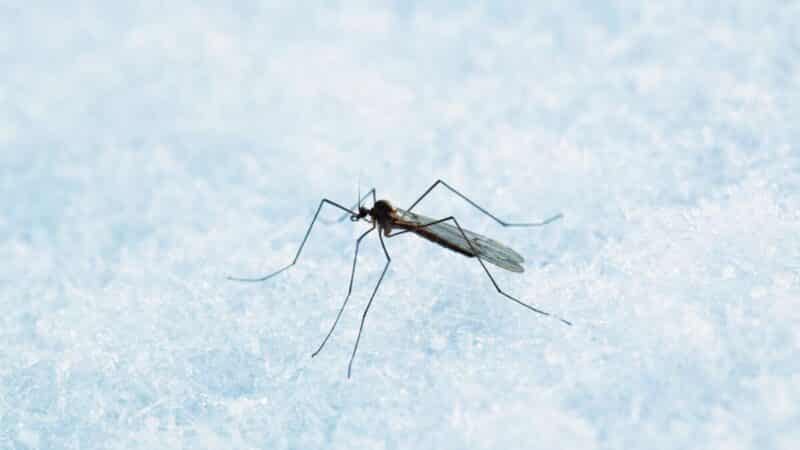Dormancy in mosquitoes may be cut off because of urban light pollution. This is particularly true in the mosquitoes that carry the West Nile virus. This could be both good and bad. It is good since the disease-transmitting insects may not survive the winter if they cannot fatten up with blood meals. It is bad because the dormancy or diapause can be delayed. This leads to biting animals and humans longer into the fall season.

What Diapause Is
Dormancy or diapause is an important physiological state in a mosquito’s life cycle. It allows mosquitoes to survive severe conditions, such as drought or cold weather. This stage of dormancy allows these insects to suspend their metabolism, growth, and reproduction.
Mosquitoes can stay in dormancy for many months. Diapause is a complicated process. A combination of physiological and environmental factors regulates it. This dormancy period is important in the transmission and survival of mosquito-borne diseases. Photoperiod is the length of daylight. It regulates the start of dormancy and the circadian rhythm.

Female northern house mosquitoes of Culex pipens species have a diapause, but it is not like winter sleep. It is much like a period of dormancy. The mosquitoes live in sheds, caves, and other locations that are not that protected. Before winter, the mosquitoes use up their sugary sources of energy into fat stores. Long, cold days tell the female mosquitoes that they should search for a blood meal. This will enable them to trigger egg production and nourish these eggs.
The Studies

Scientists say that the activities of mosquitoes decrease during diapause. But the rhythmic events still persist during dormant stages. When the scientists introduced artificial light, the mosquitoes get their nutrient reserves. They do this to survive winter temperatures and fatten up.
Light exposure blocks the number of water-soluble carbohydrates that are important sources of food during winter. The assimilation of this food can be reversed by exposing them to artificial light. When this happened, short-day mosquitoes showed more glycogen absorption. Long-day mosquitoes were not able to get enough glycogen. The dormant mosquitoes became more active, while the long-day mosquitoes failed to look for food. Studies show that mosquitoes can ward off their dormancy because of light pollution. This could decrease the survival rate of these insects.

What This Means
Since the biting season is straight into autumn, this could also extend their ability to transmit the West Nile virus in the late weeks of summer and early weeks of autumn. More people could then be at risk of getting this mosquito-borne disease.
During diapause, mosquitoes are supposed to transform the nectar they consume into fat. This can help them survive through winter. If their biting season extends, the females will need to look for blood meals. They need to do this so that they can produce eggs. Some mosquitoes get the infection while feeling on carrier birds. They transmit the West Nile virus when they bite humans and other mammals.
In a normal situation, non-dormant mosquitoes often store a lot of glycogen. But mosquitoes that go through diapause or dormancy do not. Some researchers found out that female mosquitoes who were exposed to dim light became more active in reproduction when they should have been sleeping. They discovered that artificial light in the evening can affect the way the mosquito gets nutrients for winter.

Dormancy in mosquitoes is important for the survival of their species. It helps the mosquitoes fatten up and produce eggs. This stage can also help humans and animals stay safe from bites and mosquito-borne diseases for a while. Artificial lighting changes the balance in these insects’ circadian rhythm. It makes the non-dormant mosquitoes bulk up and the dormant mosquitoes thin out. The positive and negative effects of this event are significant in knowing more about repelling these insects or controlling their population.